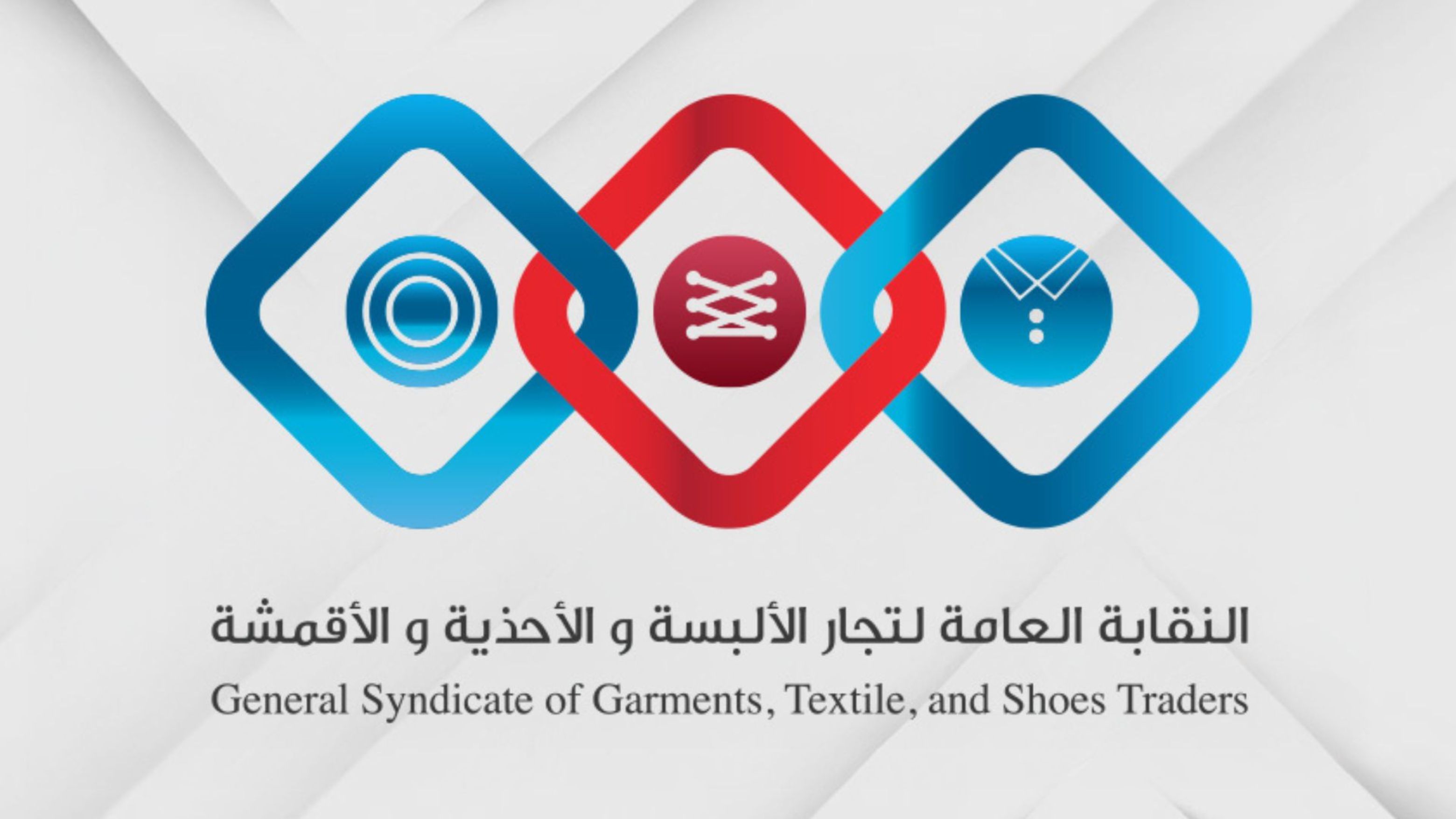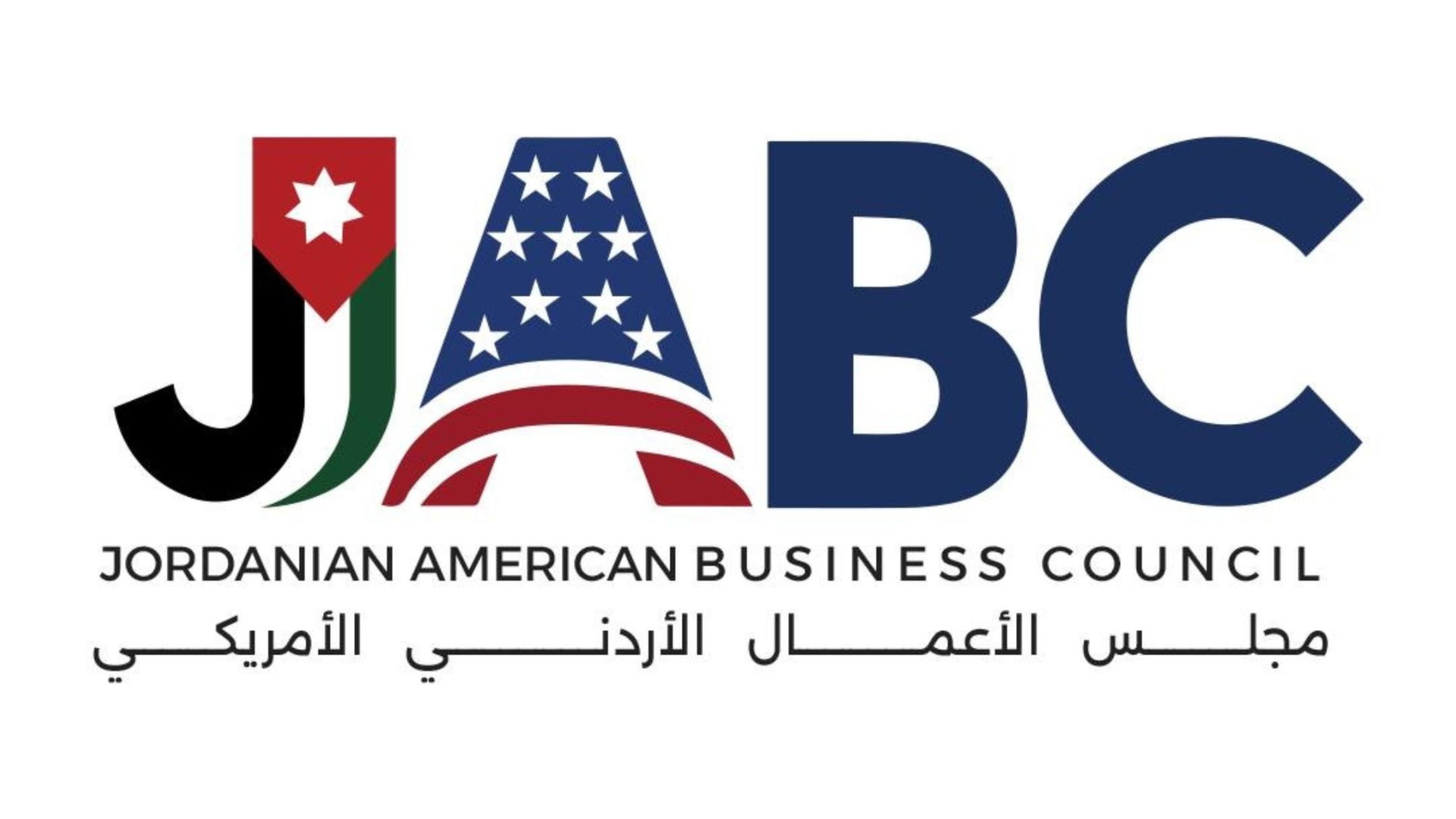Garment Traders’ Union Hails Cabinet Decision to Tax Online Import Shipments
17/11/2025 | 09:29:59

Amman, Nov. 17 (Petra) --The General Trade Union of Workers in Textile Garment and Clothing Industries has praised the Cabinet’s decision to impose a 16% sales tax on goods arriving in Jordan through postal parcels ordered from foreign e-commerce platforms.
Union President Sultan Allan told the Jordan News Agency (Petra) that the move represents an important step toward creating a level playing field between traditional retailers and online sellers with regard to taxes and fees.
Allan noted that the decision is in line with global trends aimed at safeguarding national economies, ensuring fairness in the marketplace, and providing equal opportunities for businesses operating online and in physical stores. He added that such measures help create a healthier, more competitive commercial environment.
He expressed confidence that the decision will promote greater balance among different types of commercial activity and deliver positive outcomes for the local market in the near future.
According to Allan, the issue had been among the more challenging economic topics debated in recent months. He pointed out that the Union, along with substantial efforts from the Jordan Chamber of Commerce, contributed significantly to shaping the final policy through a detailed study demonstrating the importance of protecting the sector and avoiding additional financial burdens on traders.
During its session on Sunday, the Cabinet approved a zero customs duty and a 16% sales tax on the contents of postal parcels with a customs value not exceeding JD 200.
The measure aims to encourage consumers to buy locally rather than from overseas platforms, enhance fairness for domestic traders, and stimulate commercial activity within the local market.
In a separate comment, Allan welcomed the Cabinet’s decision to exclude all clothing and children’s items from proposed amendments to the customs tariff schedules. He said the exemption will support and incentivize local industries, help them expand, and promote fair competition between domestic products and imports. He described the step as positive, especially since clothing is considered an essential commodity for Jordanian families.
//Petra//WH
























